In observation of Black History Month, we are sharing a bit of information about the history of EDM and its roots in Black culture.
House music was created by Black men in the late 1970s in New York and most famously, Chicago, after the “death of disco.” Frankie Knuckles, Larry Levan, and DJ Ron Hardy were some of the most influential creators of house music tracks- often using unique mixing techniques and whatever equipment they could find. House music was created as a way for people of all backgrounds to come together and dance. The term house music is thought to have derived from record stores shortening music labeled as from "The Warehouse", which was a members-only club for mostly black men where Knuckles played his first sets. Due to this incredible music, the club opened up to all kinds of people regardless of race or sexual orientation.
Techno was born in Belleville, Detroit by young Black men mixing tracks together with drum machines, synthesizers and turntables. The most well-known of these people are often referred to as the Belleville Three. Kevin Saunderson, Derrick May, and Juan Atkin’s production, DJ & recording skills put Techno on the map. Some of the earliest Techno tracks came out in 1983 by Juan Atkins and Richard Davis’s group, Cybotron. Techno was the sound of underground resistance, civic unrest and social change. Most of its early shows were also held in underground gay clubs.
After the wall fell in Berlin in 1989, Techno music made its way to Germany as the sound of a new, inclusive future. Detroit and Berlin have since had a symbiotic relationship when it comes to techno. There is even a non-profit called the Detroit-Berlin Connection founded in 2013 to intensify the relationship between creative communities and individuals in the two cities.
Dubstep, created to explore the darker side of UK garage, started in South London and was popularized by a DJ duo called Digital Mystikz. The sounds of dubstep can be traced back to the Jamaican sound systems in the late 80s who were spinning remixed samples of reggae beats in clubs and warehouses across England. If you want a perfect example of UK dubstep- check out Night by Benga & Coki. Jungle, Garage & Drum & Bass also have its roots in the UK.
EDM has undergone many technological advancements since its inception. For instance, the turntables and synthesizers have helped to shape EDM into the sound we know and love today. However, EDM is more about the sound and music, it's about community. It’s about the creation of a safe space for people of all backgrounds to come together and celebrate and dance together.
Here is a list of some current Black DJs and Producers to enjoy today and forever:
- Carl Cox
- Seth Troxler
- Green Velvet
- TroyBoi
- 12th Planet
- Carnage
- Black Coffee
- Marques Wyatt
- Felix Da Housecat
- SAYMYNAME
- Craze
- Jamie Jones
Sources & Further Reading:
Electronic Dance Music Wikipedia
Sound system (Jamaican) Wikipedia
Detroit is Techno City, and techno is Black
The History of House and its Cultural Influence
Get Familiar With Detroit Techno: 10 Essential Songs



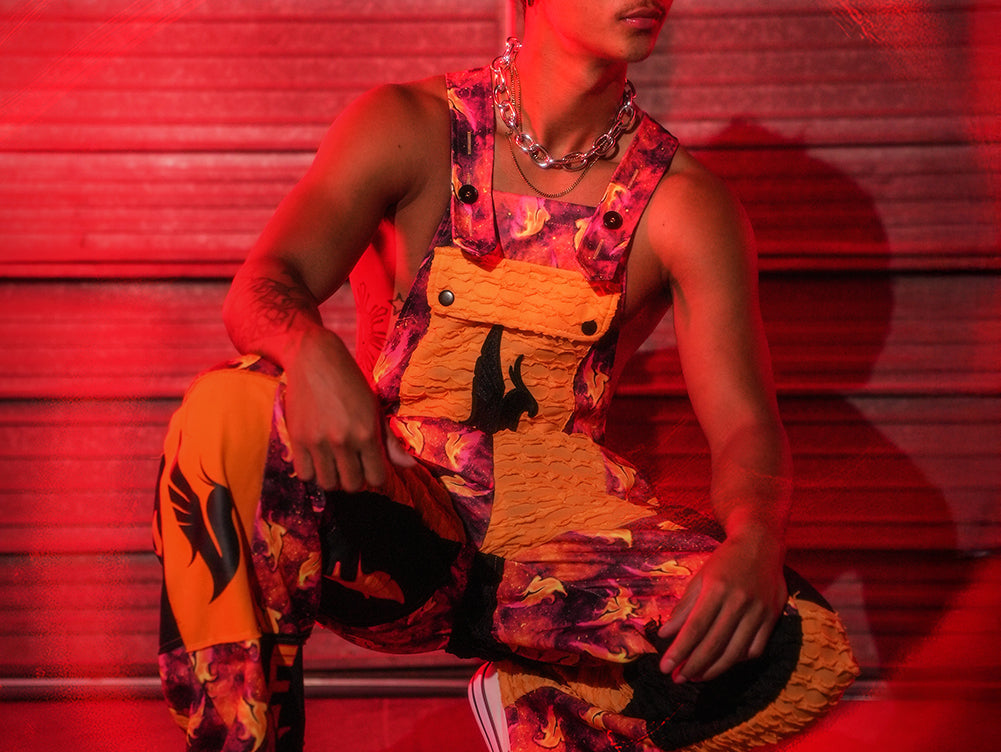
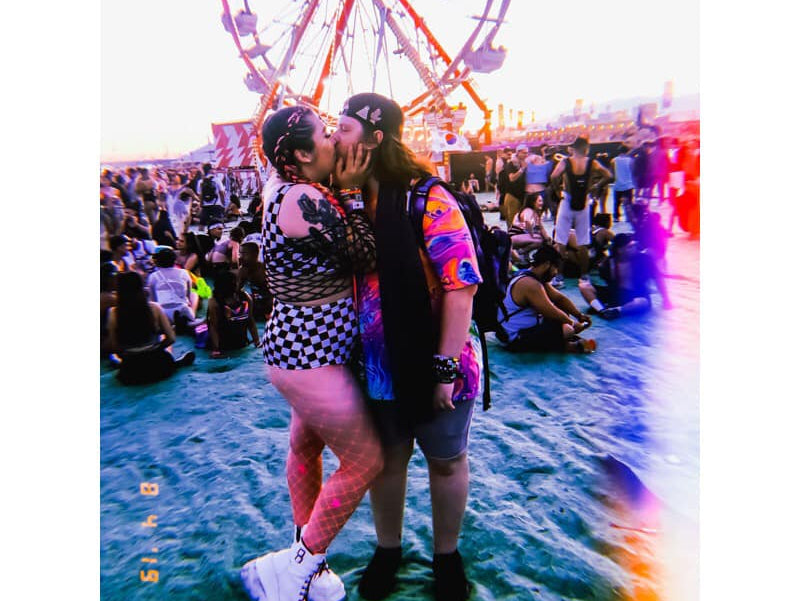
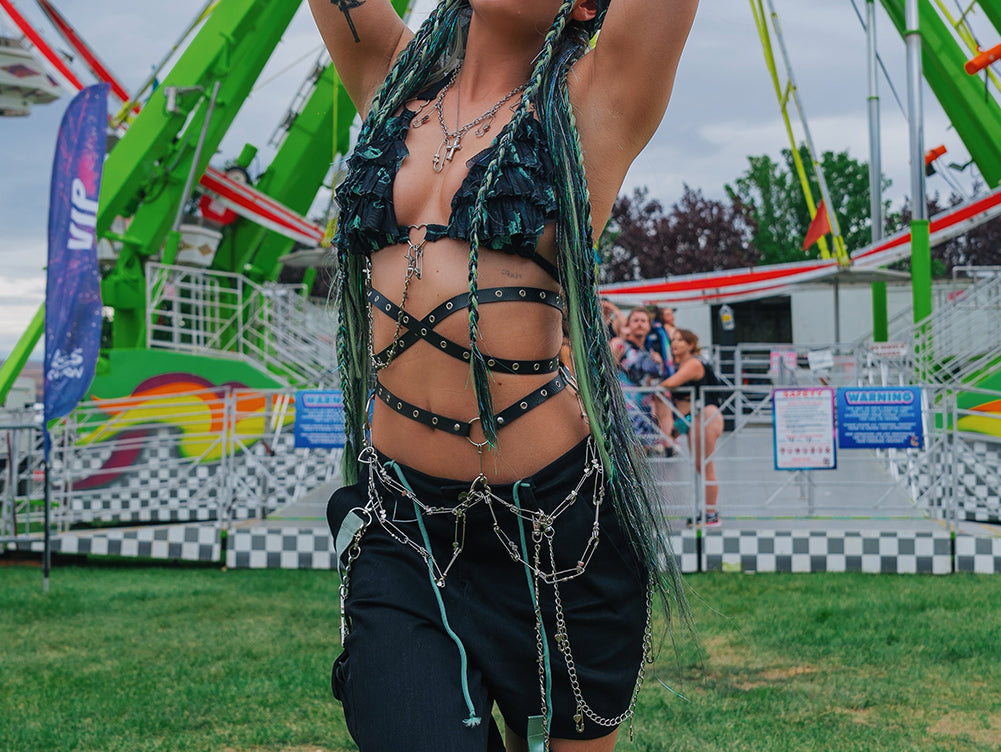
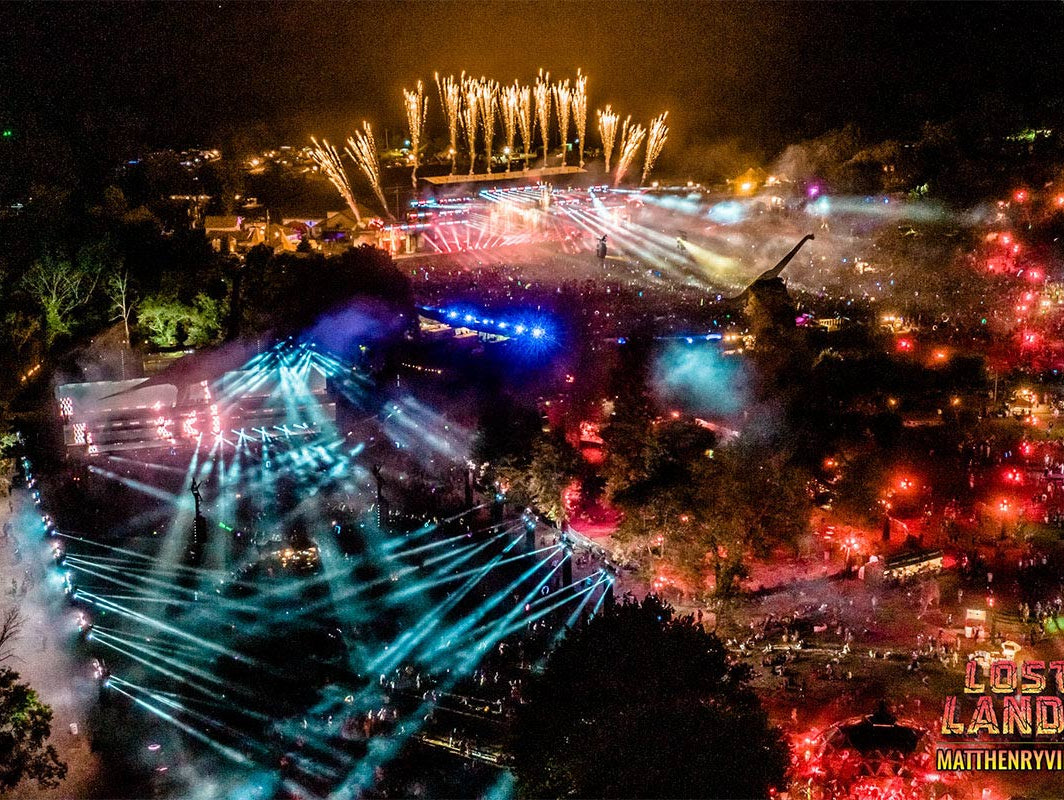
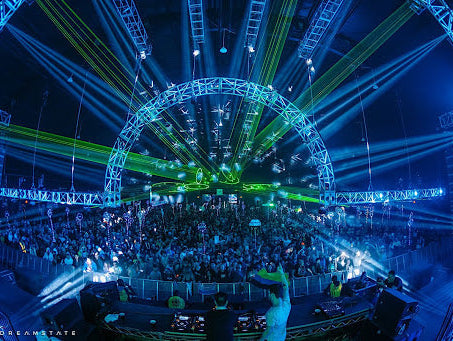

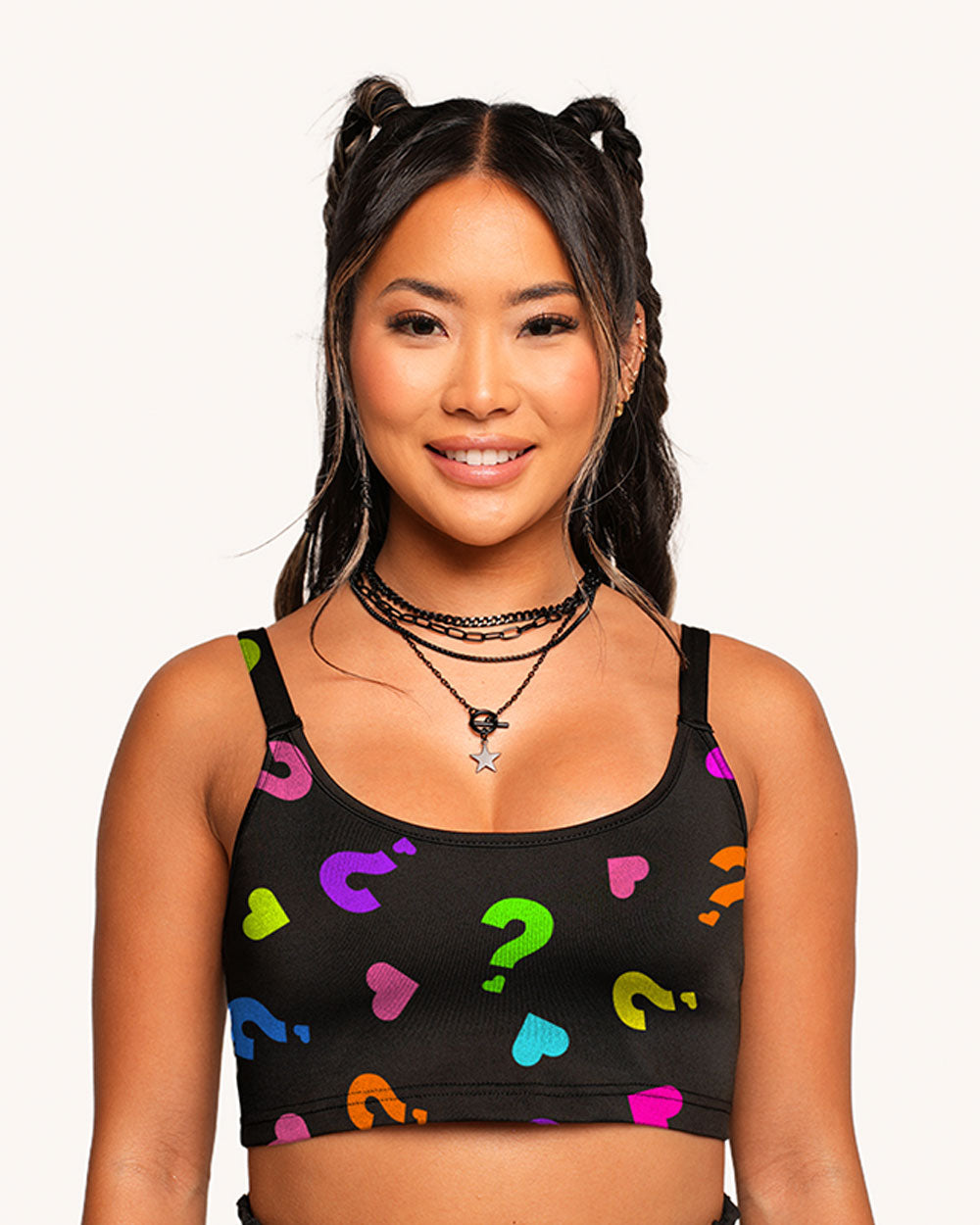


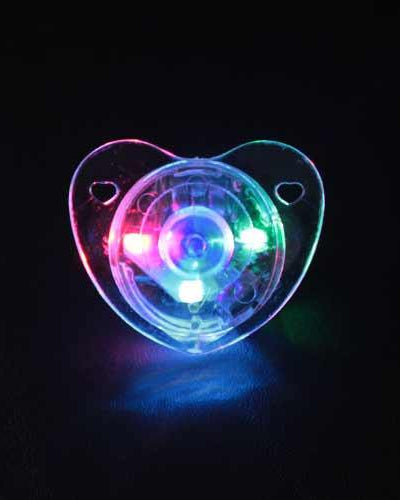

Comments
Most of the early Detroit techno parties weren’t held in underground gay clubs but at private, upscale/expensive membership-style events. Belleville is actually a suburb of Detroit and it’s kind of interesting to note this because it was originally NOT a sound of underground resistance but of suburban Black men who came from more affluent suburban families outside of the inner city.
Techno became the sound of the underground during its second wave, when Underground Resistance started to lead the way.
A great resource on this is Assembling a Black Counter Culture by DeForrest Brown, JR.
This post is great and informative but is it a repost? “In obvervation of Juneteenth”
Nice Post Please Keep Posting Like This. I am really happy that you guys are writing content like this.
https://bit.ly/3m0i7aC